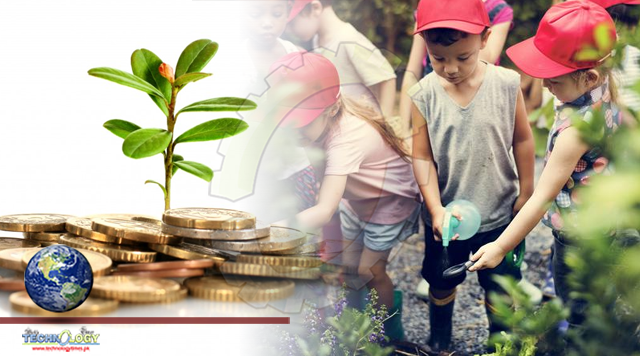Billed as grassroots funding for communities to research science that matters to them, the Otago PSP has funded 44 full projects and 22 seed projects since 2015.

In 2015 the government launched the pilot participatory science scheme in three areas – Otago, Taranaki and South Auckland – putting up $100,000 to fund projects dreamt up and run by community groups, families or schools.
Schools, community groups, marae and rūnanga could apply for up to $20,000 to answer their research question.
“Otago PSP is all about grassroots funding driven research, so that the questions being answered are ones that the community really cares about,” the platform’s co-ordinator, Doctor Claire Concannon, said.
“Say you are concerned about how your region will be affected by climate change, or want to investigate mātauraka Māori around mahika kai. We can help pair an interested community group such as a school, volunteer group or rūnaka with a scientist or science team, and together they can tackle the challenge.”
Successful projects must address a research question that matters to the local public; researchers and the community should work side-by-side to develop and run the project; and the project should actively share its research results as widely as possible. Either the community group, or their science partners, can apply for the funding.
Vision 2020, a collaboration between Tahuna Intermediate School and the School of Occupational Therapy at Otago Polytechnic, was one such project, project coordinator Professor Mary Butler said.
Working together, school students and scientists developed a peer vision screening tool for use in classrooms.
By testing it in their own classrooms, students worked out who in their class had vision difficulties and were unaware, as well as finding classmates with glasses who were reluctant to wear them. Students’ with vision difficulties were then directed to visit an optometrist.
“Vision 2020 is a community-led science project that has been so successful we could potentially use the peer vision screening tool around New Zealand to support or supplement free nationwide testing provided by the Ministry of Health. Ideally, we want to make sure that no child who needs glasses goes without.,” Prof Butler said.
Another project, new to Otago PSP this year, was Soil Your Undies Otago, which investigated soil health using earthworms, dung beetles and cotton digestion (in the shape of underpants) as biological health indicators.
The project captured the imagination of the East and North Otago schools and community groups involved.
“This project is the first of its kind in New Zealand,” Bridget McNally, North Otago Sustainable Land Management engagement officer, said.
“Kids love the idea of burying underwear in the earth for two months before digging it up to see what’s happened to it – the more broken down and threadbare it is the better the health of the soil. This will allow us to build a local map of our soils.”
The previous round of funding closed on 10 March.
People were also encouraged to get in touch at any time throughout the year, even if they only had a preliminary idea, as they can access seed funding of up to $2000 to develop the idea into a project ready plan.
Interested groups should visit www.scienceintoaction.nz or email Dr Concannon via claire.concannon@otagomuseum.nz for more information.
Originally published at RNZ